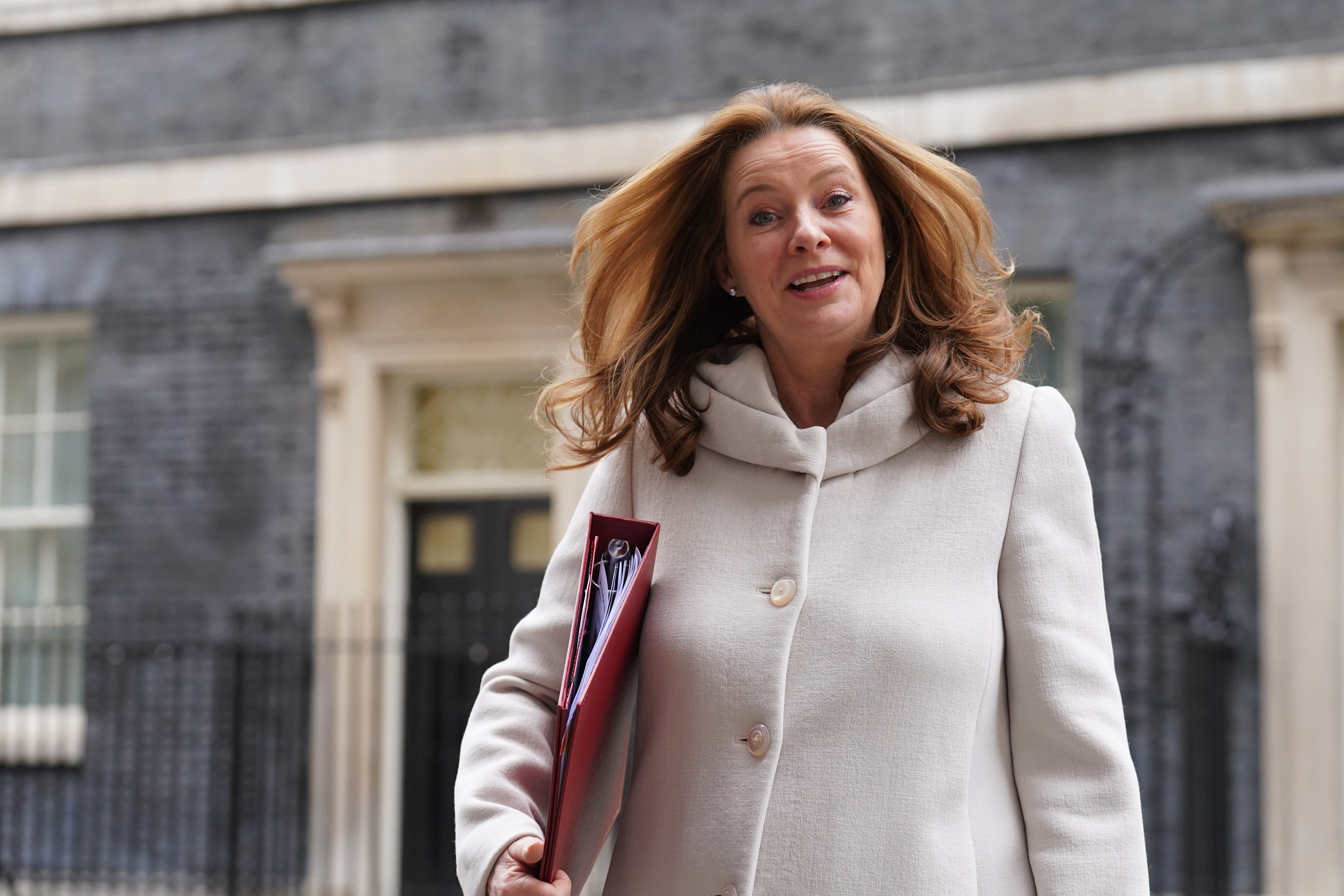Single-sex schools will be able to refuse transgender pupils
New guidance aims to protect school leaders from legal action from parents
Your support helps us to tell the story
From reproductive rights to climate change to Big Tech, The Independent is on the ground when the story is developing. Whether it's investigating the financials of Elon Musk's pro-Trump PAC or producing our latest documentary, 'The A Word', which shines a light on the American women fighting for reproductive rights, we know how important it is to parse out the facts from the messaging.
At such a critical moment in US history, we need reporters on the ground. Your donation allows us to keep sending journalists to speak to both sides of the story.
The Independent is trusted by Americans across the entire political spectrum. And unlike many other quality news outlets, we choose not to lock Americans out of our reporting and analysis with paywalls. We believe quality journalism should be available to everyone, paid for by those who can afford it.
Your support makes all the difference.Single-sex schools will be allowed to refuse transgender pupils under new education guidelines planned by Rishi Sunak’s government, it has emerged.
Amid fears of legal action from parents, head teachers of all girls’ schools will be told under that the guidance they can reject pupils who are legally male but identify as female.
Boys’ schools will be able to reject applications from trans-identified girls who identify as male, though no pupils would be required to leave a particular school if they began to question their gender identity.
The guidance is being drawn up by education secretary Gillian Keegan and equalities minister Kemi Badenoch, and will apply to both state and independent same-sex schools in England.
A Department for Education (DfE) source told The Telegraph: “Single-sex schools can refuse to admit pupils of the other legal sex regardless of whether the child is questioning their gender.”
Philip Reed, a lawyer at Withersworldwide, told the newspaper it “would be impossible to rule out” a legal case under existing guidelines if a school refused to admit a trans-identified pupil “given the current lack of clarity”.
Schools leaders will reportedly be protected from legal action if they reject demands by pupils who are “socially transitioning” – in the process of adopting the name, clothing and haircuts of their preferred identity – to use different pronouns.
Though recent reports suggest the guidance will not clarify whether the peers of a pupil who is socially transitioning should have to use a preferred gender pronouns.
The DfE document is expected to set out further guidelines on how schools should deal with trans-identified pupils – including guidance on schools telling parents if a child is questioning their gender and the use of single-sex spaces.
It will tell schools that pupils who identify as a different gender from their biological sex cannot share changing rooms or showers with the opposite sex, according to The Times.

More broadly, the Sunak government is also considering official advice that says changing the definition of sex in law would create greater “clarity” around women-only spaces.
Amending the Equality Act 2010 to specifically refer to “biological sex” merits further consideration, the Equality and Human Rights Commission (EHRC) recently concluded.
When it came to sport, it would mean that organisers could exclude trans women without having to show the move was necessary because of fairness or safety.
But the EHRC also warned the government that a change in the definition could be “more ambiguous or potentially disadvantageous” when it came to equal pay and direct and indirect sex discrimination.
Mr Sunak has tried to create distance between himself and Labour leader Sir Keir Starmer on the issue, with the PM saying he believes that 100 per cent of women do not have penises.
Earlier this month, Sir Keir said that for the vast majority of people “let’s say 99.9 per cent, biology matters” in defining a woman, suggesting that as many as one in every thousand women has a penis.
Asked whether it is true that 100 per cent of women do not have a penis, in an interview with Tory-supporting website ConservativeHome, Mr Sunak said: “Yes, of course.”






Join our commenting forum
Join thought-provoking conversations, follow other Independent readers and see their replies
Comments